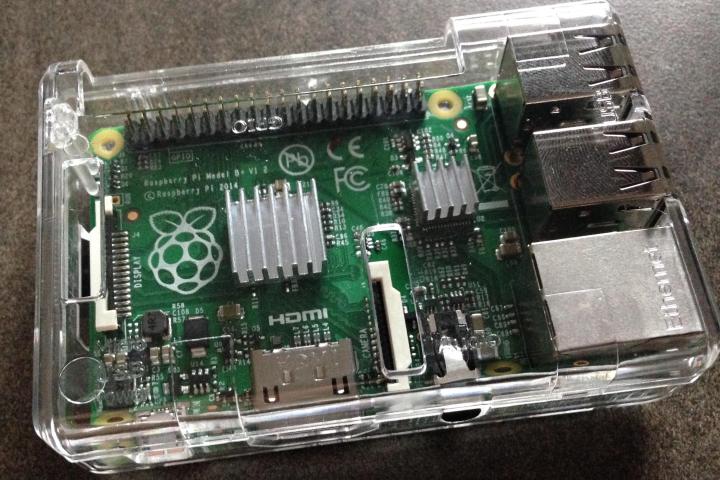
The company made the official announcement on its blog, adding that the B+ model has been selling extremely well thus far. The price cut is due to the fact that the product has now become much cheaper to manufacture.
The Model B+ version is the final update to the original Raspberry Pi, according to the Raspberry Pi Foundation. It was also the successor to Model B in July 2014. The product was specifically designed with schools in mind, offering students and staff computer functionalities with low power usage.
There were some key differences noted between Model B and Raspberry Pi B+ when it debuted. The B+ edition has 40 pins and four USB 2.0 ports, while the B Model has two USB ports. It also has a push-push microSD socket, unlike the Model B, which comes with a friction-fit SD card output.
With new switching regulators, Raspberry Pi B+ achieves a power usage of only 0.5W, compared to the 1.0W used in previous models. A refreshed audio circuit comes with a low-noise power supply, and several connectors have been realigned. The USB connectors are now on the board edge, and the composite video output has been moved to the 3.5mm jack.
However, not much has changed in terms of storage and processing. Raspberry Pi B+ still has a Broadcom SoC that runs at 700MHz and 512MB of RAM, according to Adafruit.
The Raspberry Pi Foundation promotes the use of its products primarily for educational purposes. The Raspberry Pi device can be plugged into a computer monitor or TV, and it is compatible with most mice and keyboards. The goal is to encourage mainstream consumers to not only learn computing basics, but learn program languages such as Scratch and Python.
Editors' Recommendations
- A cheaper version of the Meta Quest 3 now seems more likely than ever
- MSI Claw handheld hands-on: it’s more significant than you think
- This dual-PC desktop is insane in more ways than one
- ChatGPT is back online after being down for more than 3 hours
- I streamlined my PC VR setup, and now I use it more than ever


